30 years of DStv: How a platform became South Africa’s pop culture engine
DStv has brought the nation the moments we always remember.
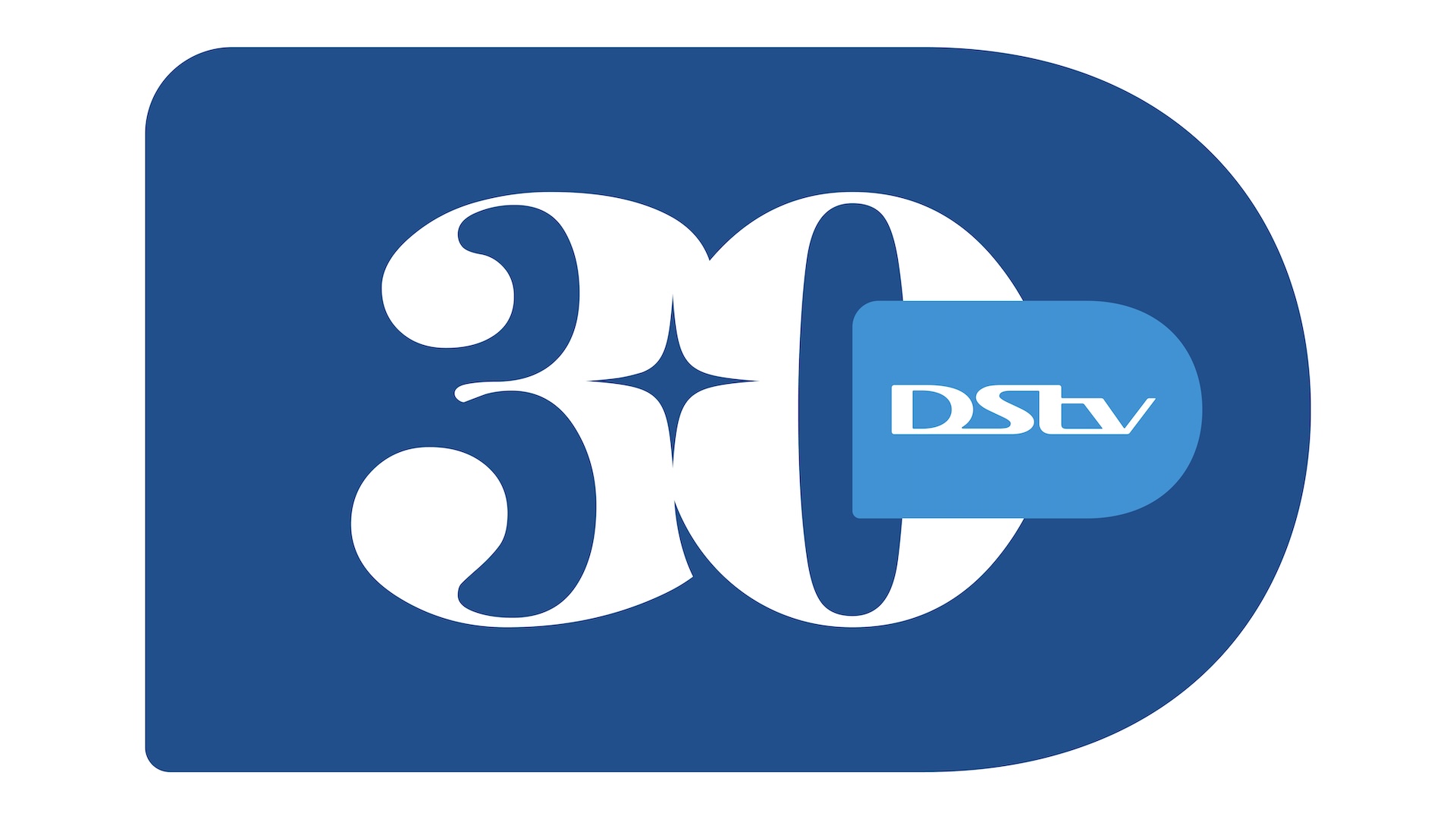
Television is rarely just about the story or the stars on screen: moments on TV become shared shorthand for a whole country.
The Sunday night theme tune that reminds you it’s Monday tomorrow; the gasp when your team scores the winning goal; the catchphrase from a reality series that slips into wedding speeches.
Get DStv See 30 Years Highlights
For 30 years, DStv has brought the nation these moments and more. With over 5 340 hours of new local content produced in 2025, a library now at 91 470 hours, and more than 48 000 hours of live sport broadcast each year, DStv has carried the victories that made us roar, the dramas that sparked debate, and the reality shows that turned ordinary South Africans into household names.
This investment in production in South Africa and in the rest of Africa has foregrounded powerful stories that are unique to our continent.
Local is loved
Mzansi Magic, launched in 2010, became a cultural factory featuring hits like Isibaya, The Queen and Gomora. The telenovela format became everyday vocabulary: quoted in taxis, debated in offices, mourned as though characters were neighbours.
Channels like Moja Love and kykNET went further, reflecting communities in their own voices. By broadcasting in isiZulu, Setswana, Sesotho, Afrikaans and more than 45 other languages across the group, DStv helped preserve and elevate local languages that might otherwise have been drowned out.
“Formats like the telenovelas or Carte Blanche weren’t just programming,” says Byron du Plessis, CEO of MultiChoice South Africa. “They gave South Africans a language of their own – to talk about love, fashion, music, and identity. That’s how television becomes culture.”
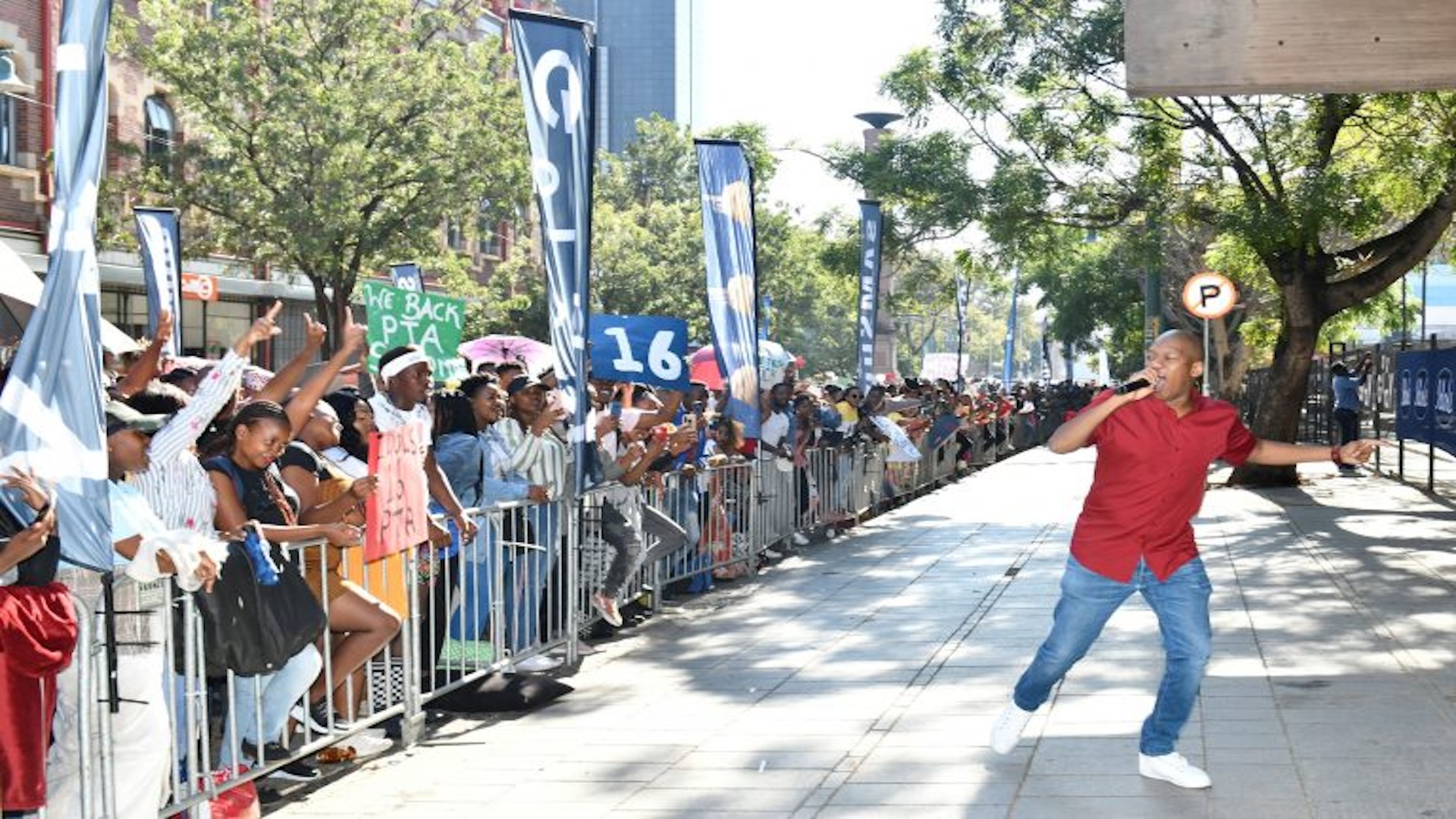
Stars born on screen
Pop culture needs people to carry it, and DStv turned screens into launchpads. Big Brother South Africa (2001) introduced 24-hour viewing on a dedicated DStv channel – a first for local reality. Contestants became household names overnight, and the format sparked debates long before “viral” was part of the vocabulary.
Idols SA (2002) made the dream of a music career tangible – with winners and finalists going on to chart-topping albums and national tours. Heinz Winkler released a platinum-selling album the same year, proving the show’s ability to turn singers into stars.
Viewers weren’t passive: they voted, argued, and helped shape careers in real time. By 2011, Our Perfect Wedding showed that DStv had found a new way to define Sunday nights, ending every episode with “Was this your perfect wedding?” A line that became a catchphrase, borrowed at real ceremonies and echoed in music videos.
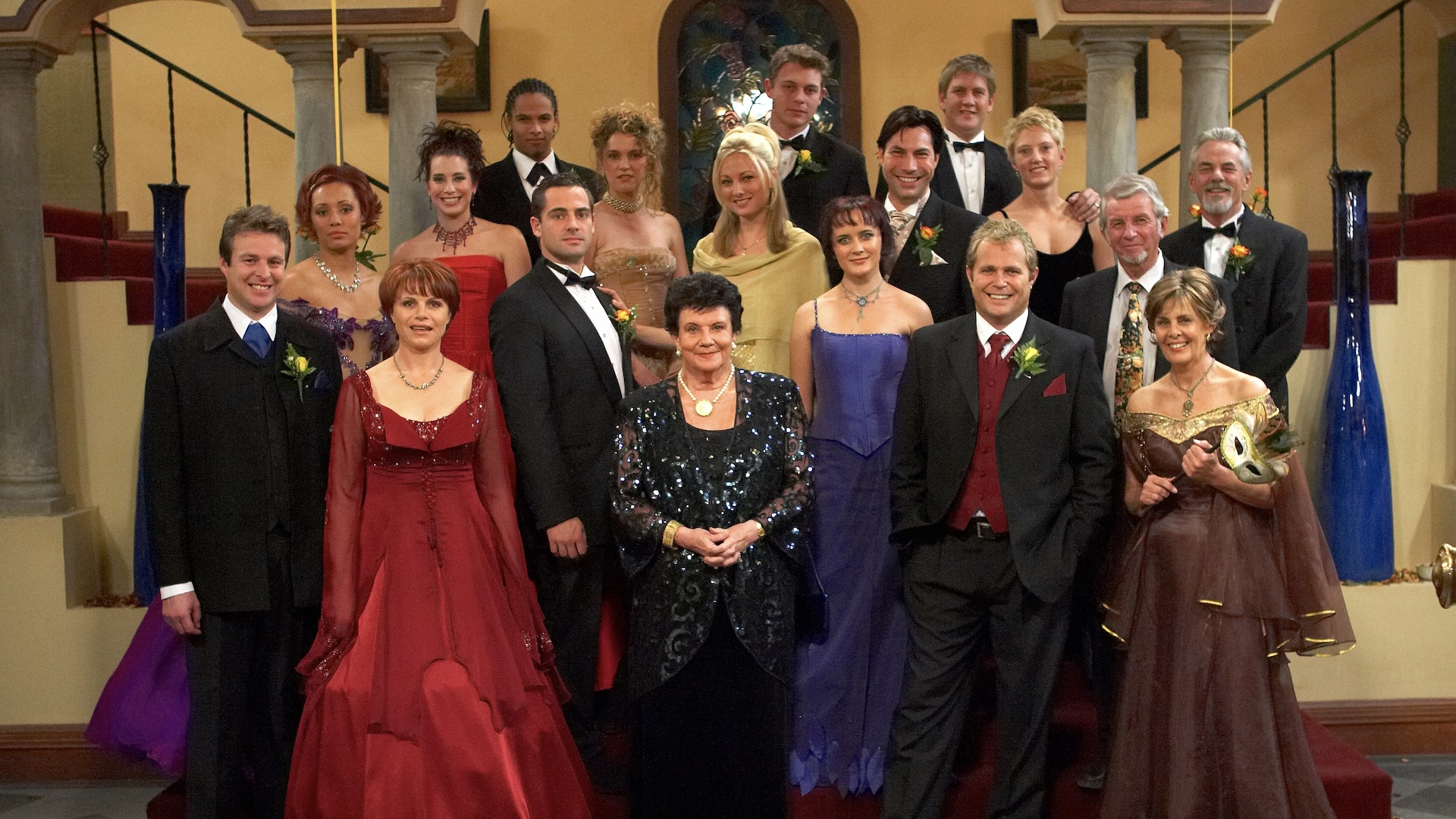
kykNET: Building loyalty through identity
Launched in 1999, kykNET quickly became more than just another channel – it was a cultural home for Afrikaans audiences. Its first soap, Villa Rosa (2004), and long-running hospital drama Binnelanders (2005) gave viewers daily rituals that still endure. Reality staple Boer Soek ’n Vrou (2008) turned farming families into household names and Sunday evenings into national conversations about love and tradition.
Two decades on, kykNET remains one of DStv’s most consistently watched offerings – proof that loyalty is built when audiences see their own language, stories, and communities reflected on screen.
Du Plessis says: "By investing in creators, formats, and access, DStv has built a creative ecosystem where South African and African talent no longer waits for permission to be seen. The stories are already here – and the platform ensures they are watched, debated, and remembered."
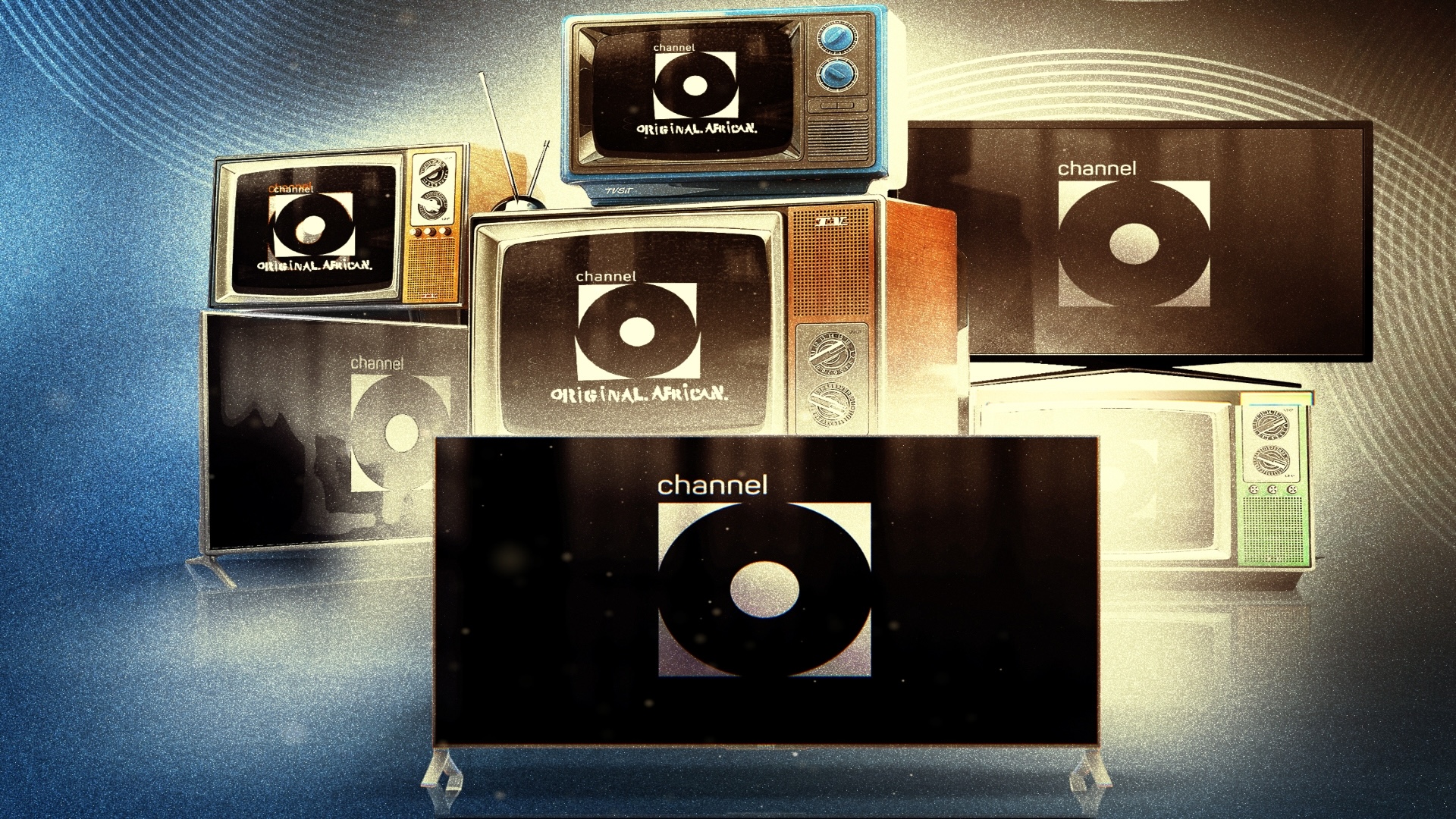
Music as cultural currency
Music culture found its anchor in Channel O (launched 17 October 1997). It gave Kwaito, Afro-pop, Afrobeats and later Amapiano a platform that treated them like global exports. Its awards nights crowned movements, while V-Entertainment became the trend barometer for celebrity, fashion and lifestyle. Many of the country’s most recognisable presenters and personalities first cut their teeth there, turning VJs into household names.
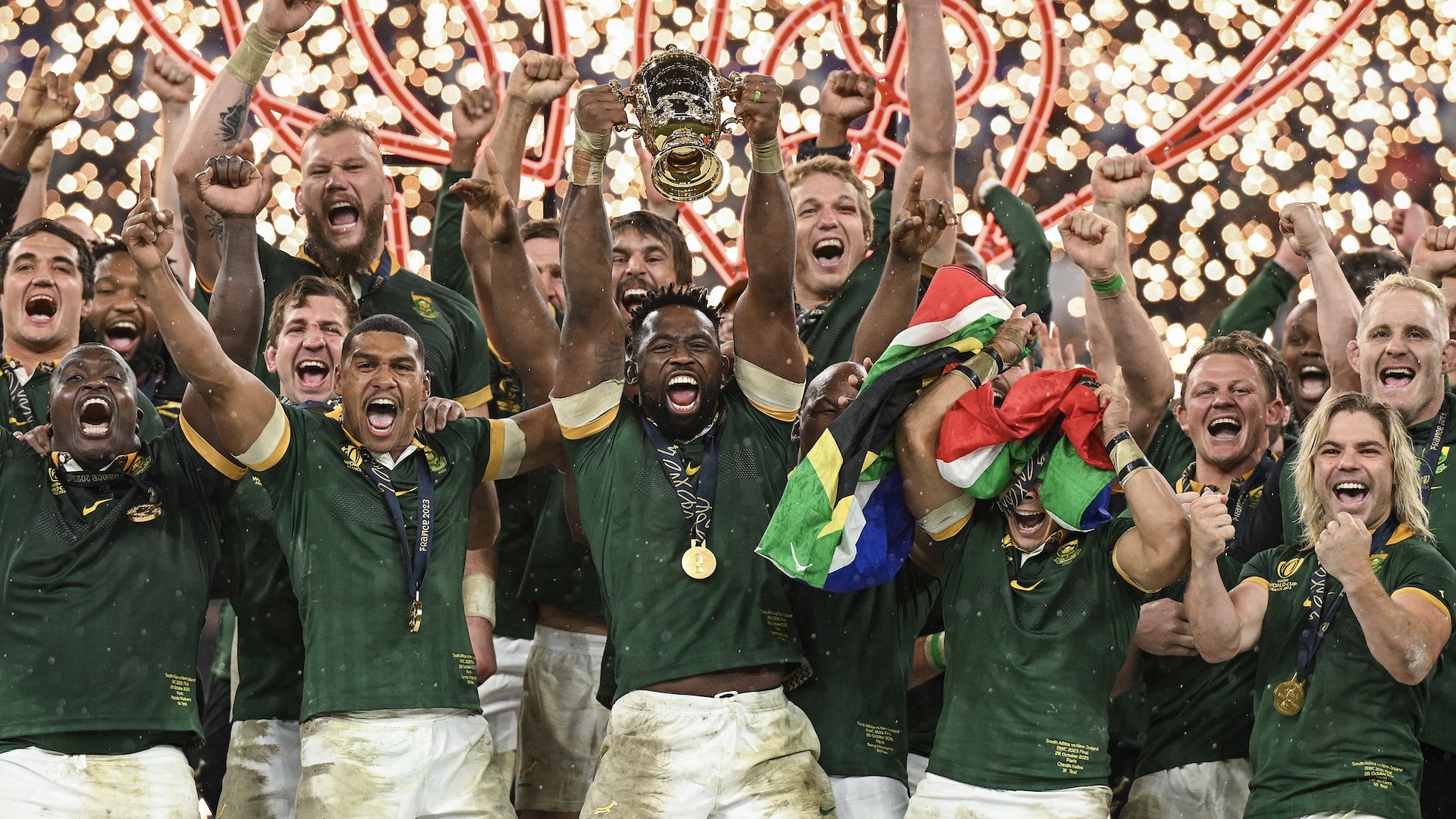
Sport as cultural memory
Some of South Africa’s most enduring pop culture moments weren’t scripted – they were lived. The 1995 Rugby World Cup became a symbol of unity in a young democracy. Bafana Bafana’s AFCON win in 1996 turned belief into anthem.
The Springboks’ World Cup triumphs in 2007, 2019 and 2023 reignited pride for new generations, while Caster Semenya’s Olympic gold in 2016 reminded the country of resilience on the world stage. The 2010 FIFA World Cup amplified it all. For a month, the vuvuzela became a cultural export, the sound of South Africa reverberating worldwide. Streets became fan parks, offices became viewing rooms, and millions of people shared one story in real time.
“Sport is our most universal language,” says du Plessis. “It doesn’t matter who you are or where you’re from – when the nation holds its breath together, that’s unity. Those are the moments that live on as part of our culture.”
Thirty years on
At 30, DStv is not just celebrating a birthdaymilestone. It’ is reflecting on three decades of shaping the cultural DNA of South Africa. The catchphrases we repeat. The stars we follow. The matches we relive. The languages we hear. “Pop culture is memory,” says du Plessis.
“For thirty years, DStv has been the memory bank of South Africa – the place where we laughed, argued, fell in love with characters, and celebrated together. That’s our legacy. And it’s the foundation for the next thirty years.”



